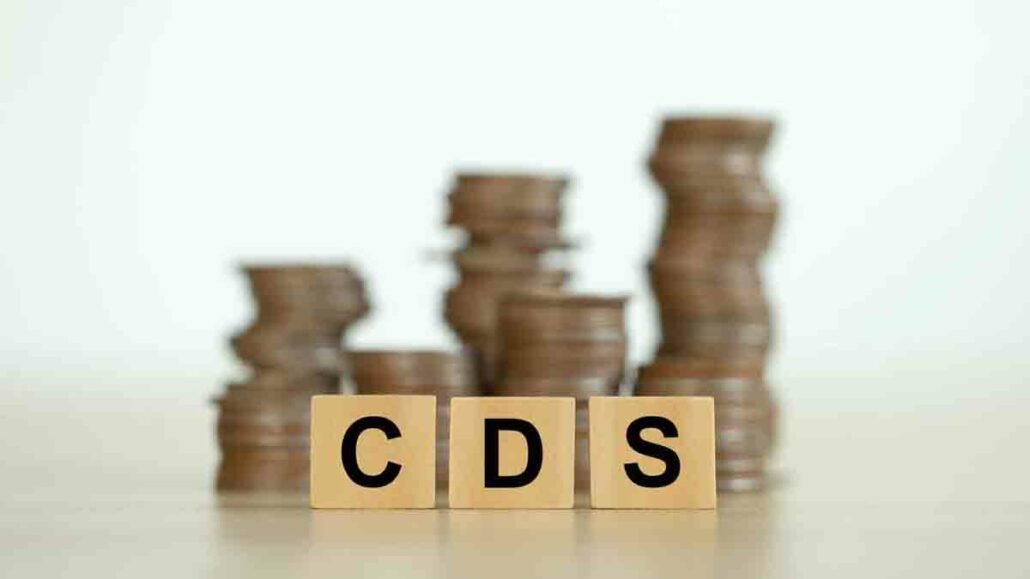Can CD Rates Change After Purchase? Ever locked your money into a certificate of deposit (CD) only to see interest rates rise shortly after? You might wonder if there’s a way to benefit from those higher rates on your existing CD. The good news is that CD rates typically apply only to new CDs, not ones you’ve already purchased. But there are a few exceptions and strategies to consider if you’re stuck on a lower-rate CD. Let’s dive into how CD rates work and what options you might have.

Learn if CD rates can change after you purchase a certificate of deposit (CD) and how to choose the right CD for your savings goals.
Can CD Rates Change After Purchase?
No, CD rates cannot change after you purchase a CD. Once you lock in a rate with your bank or credit union for a specific term (ranging from months to years), that rate remains fixed throughout the entire CD period. This predictability is a core advantage of CDs, offering peace of mind and clear expectations for your investment growth.
How CD Rates Work
When you open a CD, you essentially agree with your financial institution. You agree to deposit a specific amount of money (minimum deposit requirements vary) for a predetermined term. In return, the bank or credit union guarantees a fixed interest rate on your deposit for the entire duration. This rate reflects current market conditions at the time of purchase and is unaffected by future interest rate fluctuations.
Interest Payout Options
There are two main ways you can receive interest earned on your CD:
- Simple interest: This method calculates interest only on the initial principal amount. The earned interest is not added back to the principal to generate additional interest in subsequent periods.
- Compound interest: This is generally the preferred option, as interest is calculated on both the principal amount and the accumulated interest from previous periods. This leads to a faster growth of your investment over time.
What Happens if Market Rates Rise After You Purchase a CD?
While your CD rate is locked in, you might be tempted by rising market rates during your CD term. Here’s what you need to consider:
- Early Withdrawal Penalty: Most CDs come with penalties for withdrawing your money before the maturity date. This penalty can significantly reduce your earnings, potentially negating any benefit from accessing your funds early.
- Lost Interest: You’ll forfeit any interest that would have been earned on the withdrawn amount for the remaining CD term.
Alternatives for Rising Interest Rates
If you anticipate rising interest rates, consider these CD options:
- Bump-Up CDs: These allow you to increase your interest rate once during the term, usually under specific conditions outlined by the bank.
- Callable CDs: In rare cases, the bank may have the right to call back (redeem) your CD before maturity if interest rates fall. This allows them to re-issue the CD at a lower rate. However, they typically offer a higher interest rate initially to compensate for this risk.
Choosing the Right CD for You
When selecting a CD, consider factors like your financial goals, risk tolerance, and the amount you can afford to lock away. If you prioritize guaranteed returns and predictable income, a traditional CD with a fixed rate might be ideal. However, if you anticipate needing the money sooner, a shorter-term CD or one with early withdrawal flexibility (like a penalty-free window) might be a better choice.
FAQs
Can I get a higher rate if interest rates go up?
No, the rate on your existing CD is locked in. However, you can open a new CD with a higher rate if it’s available.
What happens if I need my money before the CD matures?
Early withdrawal penalties will typically apply. The penalty amount varies depending on the bank and the length of the CD term.
Are there any CDs with variable rates?
While uncommon, some financial institutions might offer variable-rate CDs. The interest rate on these CDs can fluctuate along with market conditions.
What’s the best way to choose a CD term?
Consider your savings goals and risk tolerance. If you know you won’t need the money for a while, a longer-term CD might offer a higher rate. However, you’ll be locked into that rate for a longer period.
Overall, CDs offer security and predictable returns, but it’s crucial to understand how interest rates work before you purchase one. By considering your financial goals and researching current rates, you can choose a CD that meets your needs.
Conclusion
CD rates offer a safe and predictable way to grow your savings. With a locked-in rate, you can be confident about your investment’s performance throughout the CD term. While you won’t benefit from future interest rate increases, the trade-off is security and a guaranteed return. By understanding CD rates and their limitations, you can make informed decisions to reach your financial goals.

